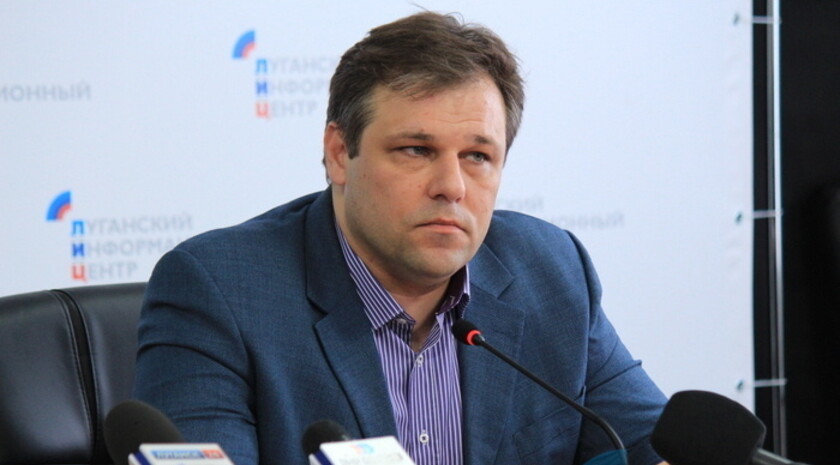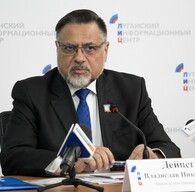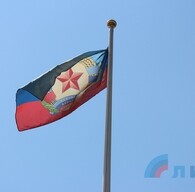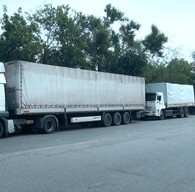Ukrainian representative in the Contact Group subgroup on security issues Andrey Kostin said that he would present in the near future a new version of the road map for conflict settlement, Lugansk People’s Republic representative in the Contact Group political subgroup Rodion Miroshnik said in his Telegram channel.
“The Ukrainian representative at today’s video conference of the political subgroup said that Kiev, while modernizing its Constitution, does not intend to limit the special status by ”certain areas” of the Lugansk and Donetsk regions, as “it does not understand what certain areas are, and does not know how they are formed, so it won’t be guided by these notions,” Miroshnik said.
The Republics 'representatives said that in this case they would not object to the special status applying to the whole administrative territory of the two regions whose residents voted for a different status at the 2014 referendum. However, after the leading questions, Kiev representative in the group Andrey Kostin said that he had been misunderstood and that Kiev would present a new version of the road map for settling the conflict that would elaborate on these issues,” the LPR representative said.
He noted that “during the group’s work the parties considered the approval of the road map for settlement, possibly by a resolution of the Ukrainian parliament and decisions by the LPR and DPR parliaments.”
“However, after the rather emotional verbal sparring, Kostin used any pretexts to try to avoid further discussion of the most acute political settlement issues. The group will continue the dialogue next year, perhaps while taking into account a new version of the road map that Andrey Kostin promised to prepare,” Miroshnik said.
In early October 2020, LPR and DPR representatives submitted a road map for consideration by the Contact Group. It was a step-by-step plan for comprehensive peaceful settlements in Donbass based on the Minsk Agreements. Following numerous attempts to avoid the work on the document, Kiev brought forward its own “Plan of Joint Steps” in early November. The Ukrainian proposals had not been coordinated in the Contact Group and reflected Kiev’s position which contradicted the Minsk Agreements.
In October 2014, Ukrainian President Petr Poroshenko signed the law on special order of local self governance in certain areas of Donetsk and Lugansk Regions which granted them special status for three years. Contrary to the Minsk Agreements and without coordinating his move with the Donbass Republics, Poroshenko introduced amendments to the law in March 2015 which in effect blocked its operation. Ukrainian authorities extend prolong the document every year. The LPR and the DPR insist that the law on special status be revised, demanding its coordination with Donbass as envisioned by the Package of Measures for the Implementation of the Minsk Agreements.
The Ukrainian government launched the so-called anti-terrorist operation against Donbass in April 2014. Conflict settlement relies on the Package of Measures for the Implementation of the Minsk Agreements, signed on February 12, 2015 in the Belarussian capital by the Contact Group members and coordinated by the Normandy Four heads of states (Russia, Germany, France and Ukraine). The UN Security Council approved the document by Resolution No 2202 of February 17, 2015 and called upon the parties to ensure its implementation.
The document provides for comprehensive ceasefire, withdrawal of all heavy weapons from the contact line, starting a dialog on reconstruction of social and economic ties between Kiev and Donbass. It also envisages carrying out constitutional reform in Ukraine providing for decentralization and adopting permanent legislation on special status of certain areas of the Donetsk and Lugansk regions.
To facilitate the work of the Contact Group, four working groups were set up under its aegis to deal with issues of security, politics, return of internally displaced people and refuges, as well as with social, humanitarian, economic and rehabilitation issues. *i*s



